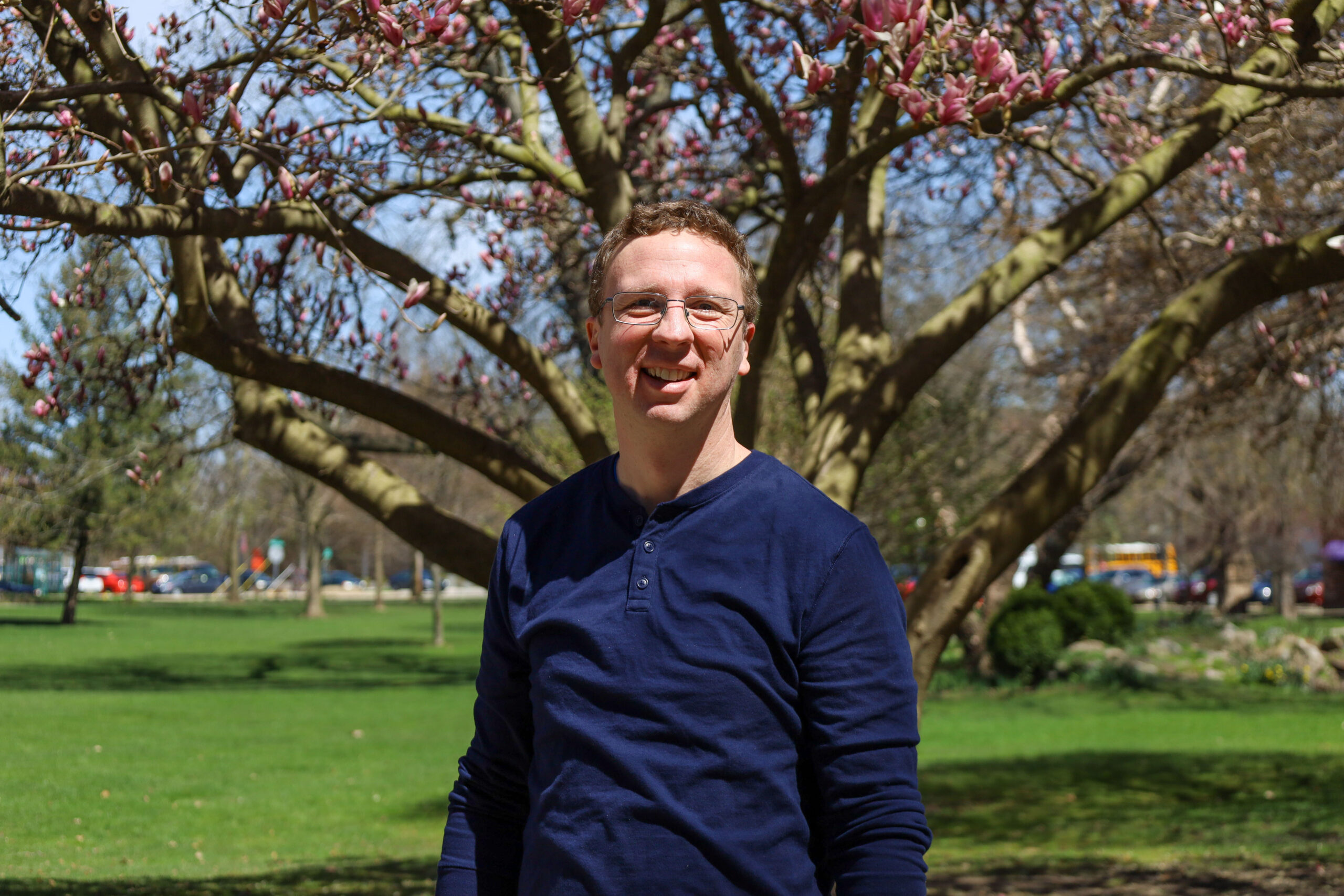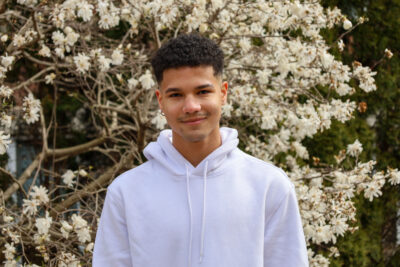(from the March 24 2010 chapel, “Perspectives on the anthem.”
Civil Discourse ReduxJoseph Liechty
At Goshen College, we talk about civil discourse all the time—whatever about our practice. Some might accuse us of fetishizing civil discourse, and familiarity with the concept may breed contempt, or at least boredom. That would be a mistake. Civil discourse is indispensable because of what it involves in practice and what it can accomplish, especially when engaging complex, emotive, and divisive matters like our national anthem debate.
First, the practice: civil discourse requires us to exercise skills of listening and restraint and attitudes of compassion and respect. These are invaluable, and we will always be better people for developing them. Second, practicing civil discourse makes us smarter, or, to put it more provocatively, failing to practice civil discourse makes us stupid. When we fail to practice civil discourse concerning a hot issue, two main things are likely to happen. First, we lob tribal pieties at each other across a barricade, and we learn nothing except how right we are and how wrong they are. Second, we retreat to the company of the like-minded to rehearse how right we are and how wrong they are, and again we have learned precisely nothing. In contentious, inflamed situations, civil discourse is the essential life skill for getting out from behind the barricades and learning something new.
Of everything I have read about our national anthem issue, I have a favorite contribution. It’s my favorite because it is the only thing I can remember that starts from the premise that in order to make my case, I need to understand deeply and respectfully what you believe.
I have in mind Nate Manning’s opinion piece in the Record last fall in favor of playing the anthem. He says that when he came to Goshen College he was dumbfounded and “close-mindedly negative” when he discovered that the anthem wasn’t played before athletic events. But Nate’s next paragraph begins, “As I have spent a year here, learning more and more about Mennonite tradition, I have come to an understanding of why we do not play the Anthem.” The “we” here is huge. In any contentious situation, ask yourself whom you do and do not allow yourself to be identified with when you say “we”; ask whom you include or exclude when you say “we.” Nate is taking a pro-anthem stance, so it would have been understandable if he had written, “why you do not play the Anthem.” But he chooses to say “we.” Whether he agrees or disagrees with others, he claims his membership in the GC community.
Nate goes on to articulate the Mennonite position on the anthem just about as clearly and concisely as possible. When I read this I thought, Wow! you have really nailed it. I also thought, surely this insight could only be gained by authentic listening as part of civil discourse. True, Nate admits that when he was “close-mindedly negative about the situation,” he “did not care who heard me,” so maybe his approach to discourse was, hey, stupid Mennonites, tell me why you believe that stupid thing you believe. But really, I’m thinking probably not. I don’t think you get from close-minded negativity to the degree of insight Nate demonstrates without some genuine civil discourse.
When Nate then makes his case for playing the anthem, it is all the stronger for taking seriously the convictions of others.
Let’s all make civil discourse a deliberate, sustained commitment. Let’s take the risk involved in a deep encounter with views we disagree with. Let’s make ourselves more compassionate and smarter.


